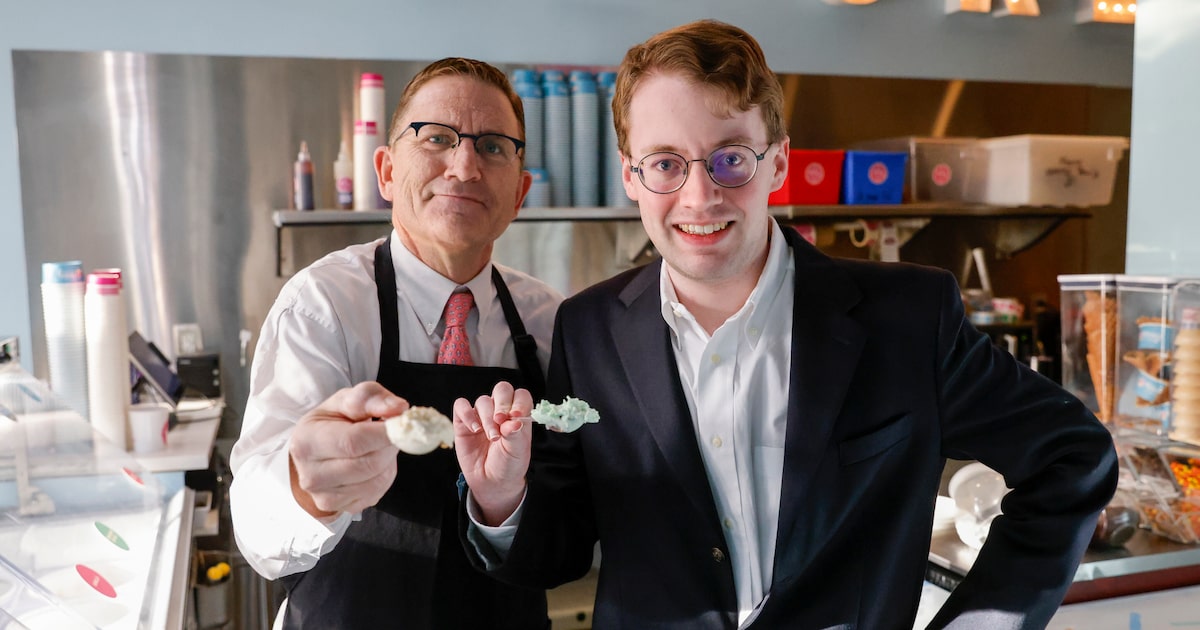Breaking Barriers: How One Dallas Company Transforms Workplace Diversity from Buzzword to Reality

Benjamin Rubarts, a young man on the autism spectrum, discovered more than just a job at Howdy Homemade Ice Cream in Dallas. Through his work experience, he developed crucial life skills and built remarkable self-confidence that would transform his personal and professional journey.
Working at the local ice cream shop became a pivotal moment for Rubarts, who found an inclusive environment that recognized his unique talents and potential. The supportive workplace not only provided him with employment but also offered a platform to grow, learn, and showcase his abilities beyond traditional expectations.
As he mastered various job responsibilities, Rubarts gradually built a sense of independence and self-assurance. Each successful task and positive interaction reinforced his belief in his own capabilities, helping him break through barriers often associated with autism spectrum disorders.
His experience at Howdy Homemade Ice Cream represents a powerful example of how inclusive workplaces can create meaningful opportunities for individuals with diverse abilities, empowering them to thrive and contribute significantly to their communities.
